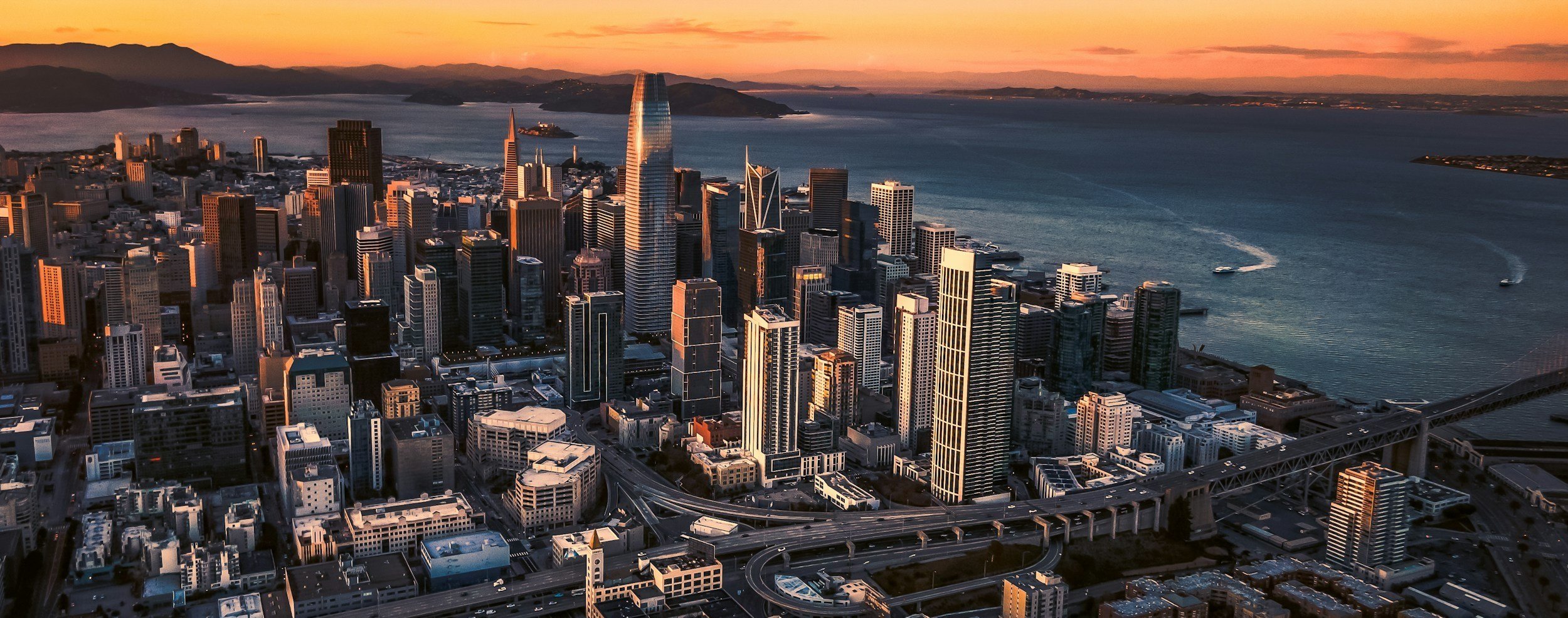
Are Large Corporations Responsible for Post-Pandemic Poverty?
By Amabel Porter, University of York
“The business of business should not be about money, it should be about responsibility. It should be about public good, not private greed”
-Anita Roddick

The pandemic amplified these trends. For instance, Jeff Bezos saw his wealth increase $70 billion at the time, whilst the average worker faced unemployment or lack of job security– it seemed impossible to dream of a rising salary. This disparity demonstrates the growing gap between the wealthy and working class. Government relief policies were crucial, but they disproportionately benefited large corporations in efforts to keep the global economy afloat, leaving small businesses and vulnerable workers behind.
Why the Divide Worsened Post-COVID
1. Corporate Bailouts and Aid
Government stimulus packages largely benefited large corporations and financial institutions. Smaller businesses and low-income individuals often faced delays in aid or were excluded from relief.
2. Shift to Remote Work
The shift to remote work during the pandemic benefited higher-income professionals but left many lower-wage workers in essential jobs without remote options, increasing their exposure to risk while providing little economic benefit.
3. Accountability of Firms
Holding large corporations accountable for their role in money-grubbing is critical. This includes regulating stock buybacks and executive compensation, while ensuring companies pay fair wages and taxes or at least give back to the areas in which they operate.
4. Universal Basic Income (UBI)
UBI could help address poverty and reduce inequality by guaranteeing a basic income and standard of living, especially in our day and age of increasing automation and job displacement.
On the topic of inequality…
The Role of Large Corporations in Income Inequality
The “Big Three”—BlackRock, Vanguard, and State Street—hold substantial stakes in nearly every major corporation. BlackRock alone manages more than $10.3 trillion in assets, exceeding the GDP of many countries. Through investments, these firms exert significant influence over the globe, often prioritizing shareholder profits over employee welfare.
For example, BlackRock’s stake in Amazon has helped drive up its stock price, but many workers who were essential in the pandemic, continued to face unsafe conditions and low pay or the risk of replacement by advancing technology. This reflects an escalating trend where profits rise, whilst real wages stagnate. In the U.S., the top 1% now own more than 30% of the nation’s wealth, while wages for lower-income earners have barely fluctuated with inflation.
However, while corporations thrive, their generated wealth often remains at the top of the food-chain. The wealthiest members and investors benefit from stock buybacks, increasing share prices, but this doesn’t feed down to benefit workers. Meanwhile, the poorest see little improvement in their wages or job security to mitigate the divide this causes.
3. Stock Market Surge vs. Economic Insecurity
While the stock market soared around the pandemic, the wealth of the richest skyrocketed. Elon Musk saw his net worth increase by over $150 billion during this period, while millions of low-wage workers struggled with layoffs, reduced hours, or financial hardship.
4. Automation and Job Loss
The pandemic accelerated developments in automation, where we needed alternative solutions to prop up our economies, resulting in permanent job losses in some sectors. This left many workers without relevant skills to relocate to new careers. While automation increases corporate efficiency, it reduces opportunities for lower-wage workers, contributing to inequality.
How to Address Corporate Wealth Concentration:
1. Progressive Taxation
Tax on the wealthy and corporations could help redistribute wealth and fund public services like health and education, benefiting the wider population beyond the meaningless PR exercises of firms ‘CSR’.
2. Raising Wages and Strengthening Labour Protections
Raising the minimum wage and improving labour protections would ensure workers receive a fair share of the wealth they generate, reducing income disparities.
Evidently, inequality driven by the concentration of wealth in large corporations has deepened post- COVID. While the richest continue to hoard wealth, the poorest are flying light. To combat these realities, we urgently need progressive policies to promote fair wages, taxing exorbitant corporate profits, and ensure that the benefits of economic growth are shared more equitably. Only by redistributing wealth and opportunities can we begin to bridge the extreme growing divide.








